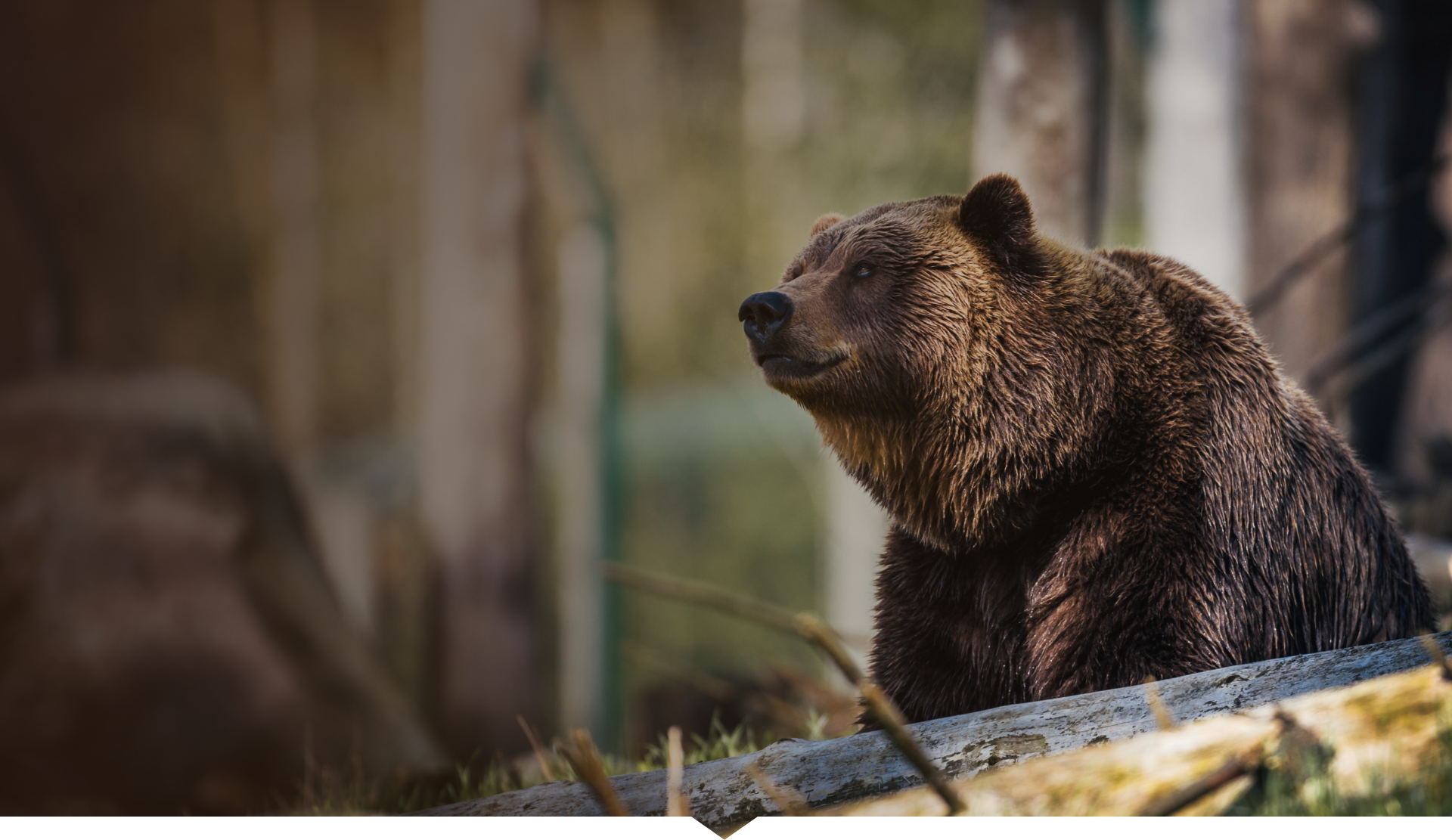With a special focus on brown bears (Ursus arctos) and other bear species, and in collaboration with various UK zoological collections, this project by the University of Salford in the UK, aims to test the problem-solving and object-manipulation abilities of various carnivoran species. Whilst important from an ex-situ conservation standpoint – in terms of enrichment and improving bear welfare – the project also has a rigorous theoretical grounding.
Results from the trials will be measured against various social, ecological and life history factors, to help elucidate whether large brains have evolved to facilitate skills within a specific domain such as sociality (the “social brain” hypothesis) or whether they have evolved to produce a more domain-general skill set (the “cognitive buffer” hypothesis). Through testing of the “social brain” and “cognitive buffer” hypotheses, the results from this project will go toward confirming the origins of cognition, and highlighting the cognitive capacity of carnivoran, specifically bear, species. For bears we foresee conservation pay-offs resulting from public perception changes that have been previously afforded to other “intelligent” taxa.
Here is a link to the scientific article by Helen Chambers.
Bears in Mind funded part of the research.
(c) Header photo bear with puzzle box: Kathryn Page


